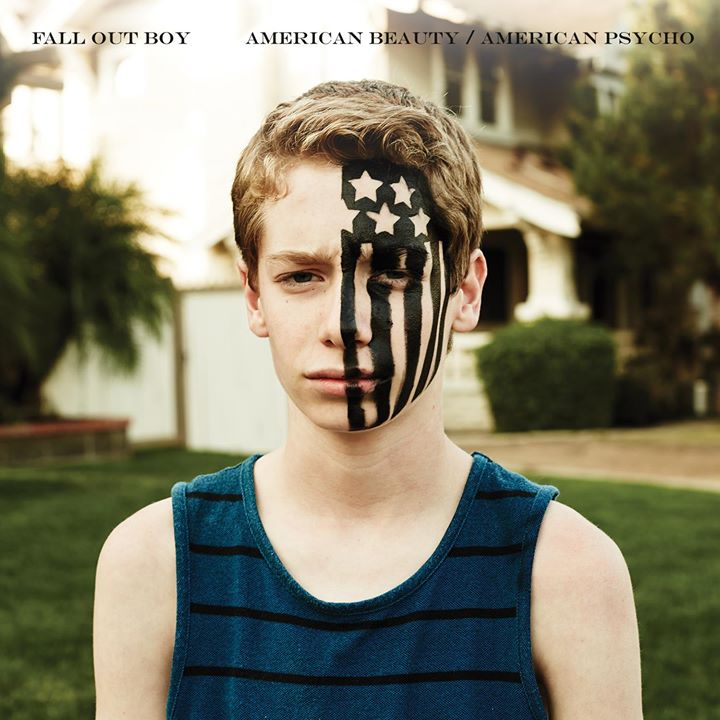What route is a band left to take after five albums and a hiatus?
Fall Out Boy has clearly chosen to change as a band, and there’s nothing inherently wrong with that. Their newest outing, “American Beauty/American Psycho,” is definitely a new chapter in the book of Fall Out Boy. However, it’s held down by flaws, which diminish the appeal of the group’s new sound.
Gone are the sounds of aggressively catchy, power-chord laden choruses that dominated Fall Out Boy’s earlier work. With the departure, listeners are left with a slew of production bells-and-whistles, as well as a pop-rock sound that leans way further towards pop than it does rock. Change has certainly suited pop artists well in the last couple of years, but it hasn’t manifested itself well for the band.
The title track of “American Beauty/American Psycho” is proof of this. Vocally, the track features Patrick Stump awkwardly throwing his voice over a poorly arranged pop beat that results in more annoyance than it does enticement.
“Uma Thurnan” is a single that demonstrates the same idea to a lesser extent, and where the heck did all of the hand clapping come from? Between overproduced drum beats and those wretched handclaps, it’s arguable as to whether or not there’s any real percussion on the album. As the album progresses, the listener is met with more and more annoying choruses, generally annoying song structures and other mediocrity that does nothing more than hold down what positive aspects Fall Out Boy has to offer.
While there may be a lot to scuff out, this album isn’t without its high points. Lead single “Centuries” is a prime example of how Fall Out Boy’s new sound should translate into songwriting. The sound of the track is huge, Patrick Stump’s pipes are used effectively and the build-ups between verses help carry the listener through the song. There’s also something to be admired about the ambition involved with “American Beauty/American Psycho.” It’s clear Fall Out Boy is making music for its own satisfaction at this point, and “uninspired” is an incorrect term to reference this album with.
This album is flawed on a large scale, and there’s no compelling reason to listen to it in full more than a couple of times, but it’s clear Fall Out Boy is more creatively charged than ever. Maybe the follow-up to “American Beauty/American Psycho” will be a tighter listen, but this affair really isn’t worthy of any significant amount of praise.
